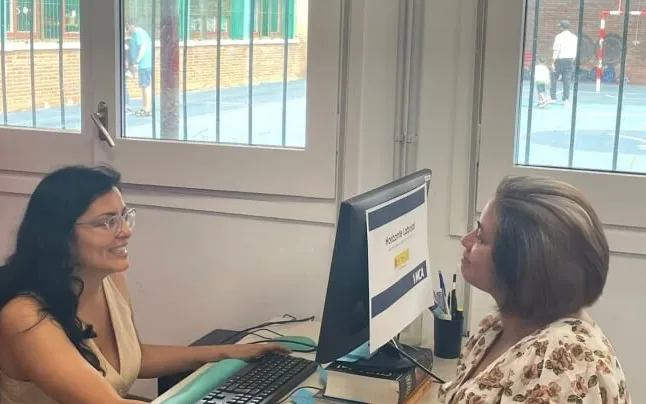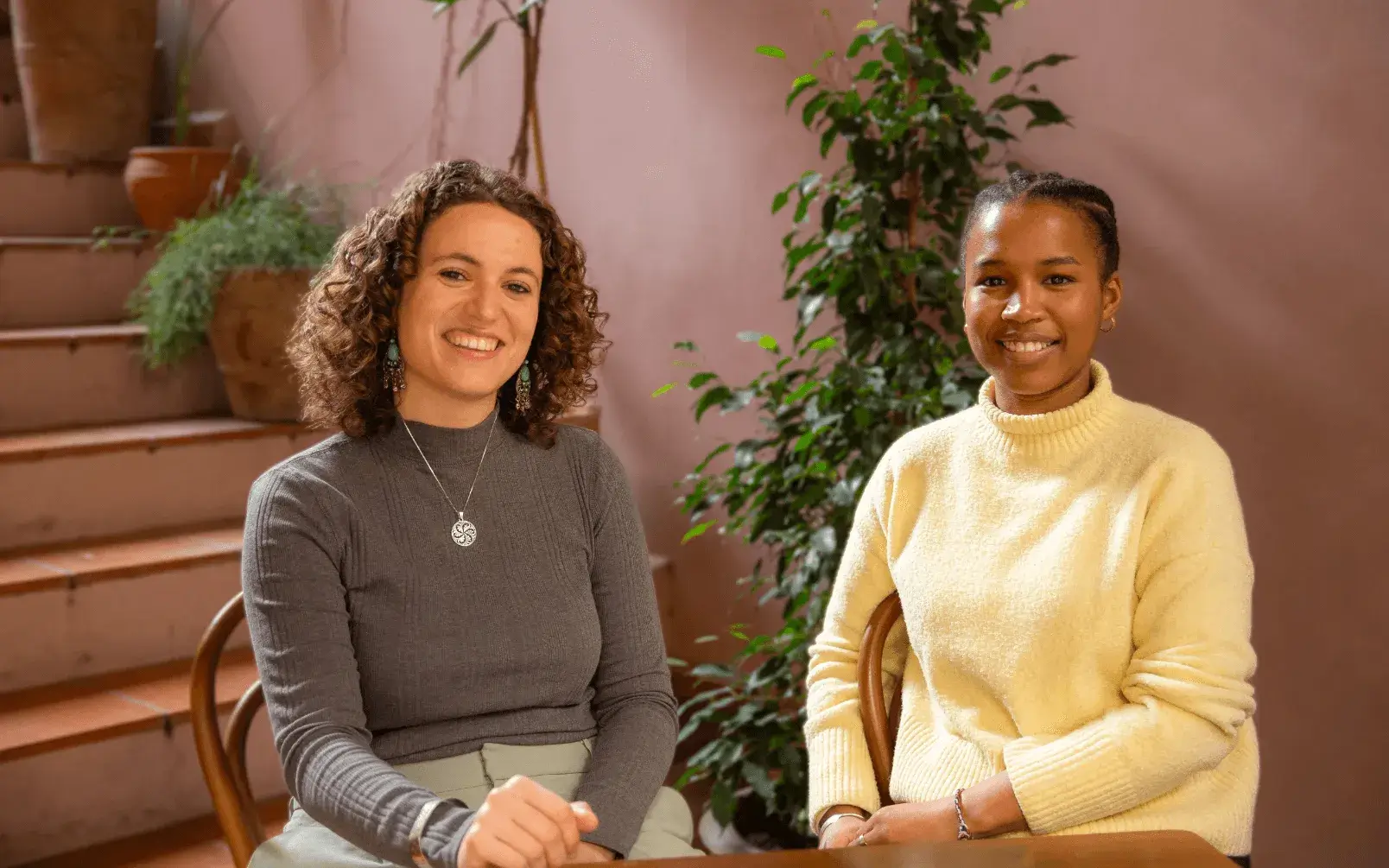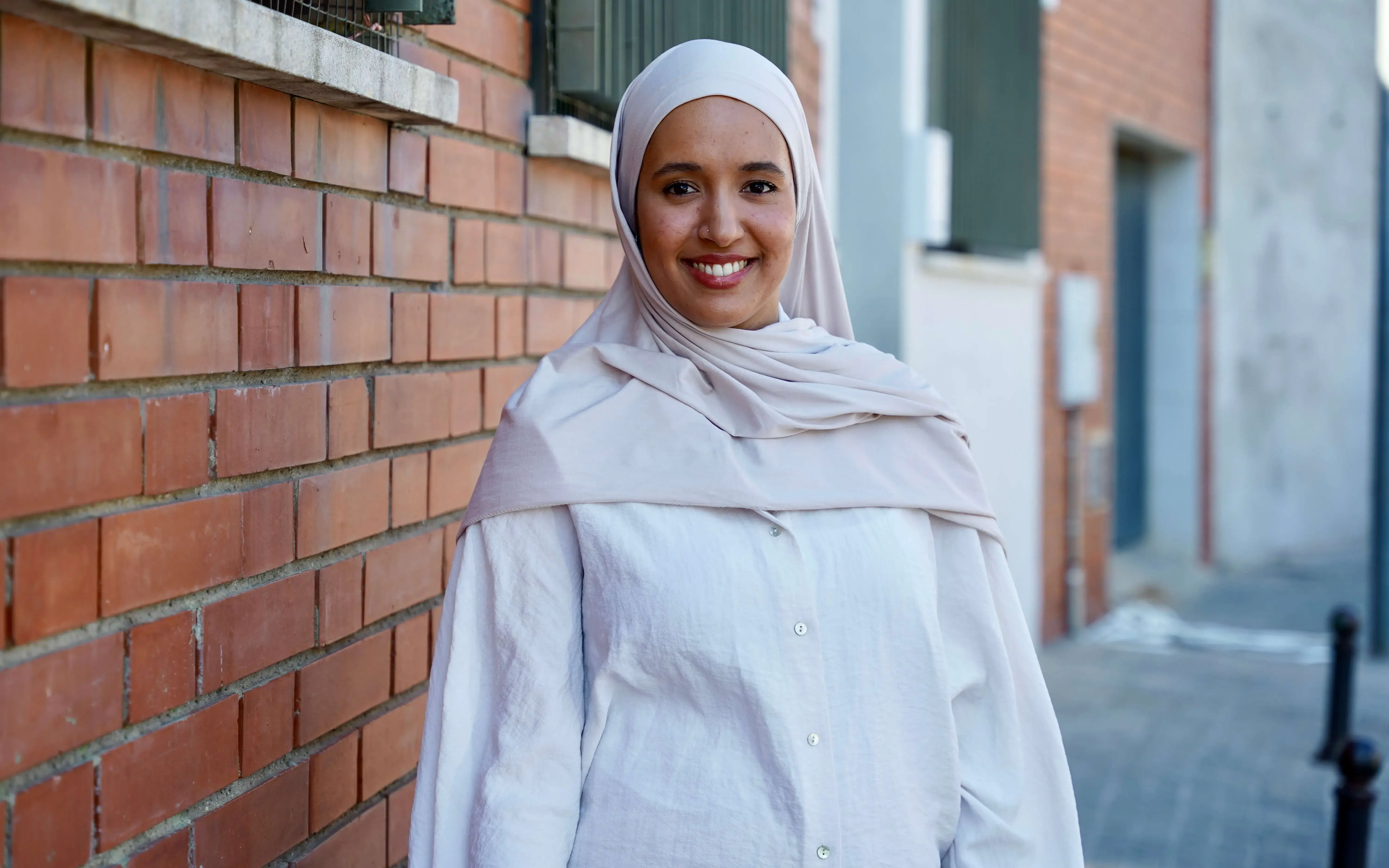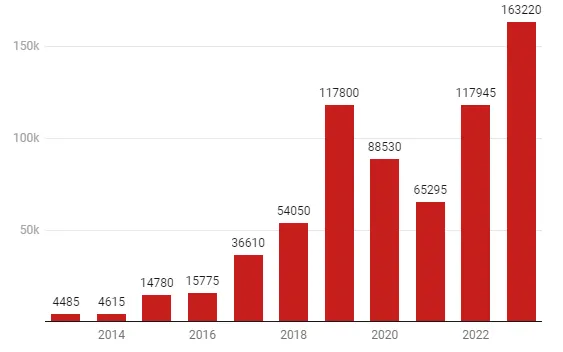The 'Horitzó Laboral' programme, funded by the Ministry of Social Rights, helps migrants improve their employability through personalized support and training.
In recent decades, Spain has experienced a significant transformation with the arrival of migrants , going from being a sending country to becoming an attractive destination. This phenomenon has enriched our society in various aspects, from demography to the economy, reflecting a growth and diversification that is contributing to national development.
At national level, according to data from the National Institute of Statistics (INE) , in 2023 the population of Spain increased by 525,097 people , reaching a total of 48,610,458 inhabitants on January 1, 2024. This increase it is largely due to the increase in the population born in non-EU countries , which now represents 13.4% of the total residents in our country. South America and Africa are the most significant regions of origin, with 39.6% and 33.3% respectively, highlighting migrants from countries such as Colombia, Venezuela, Peru and Morocco.
Migrants have had a significant impact on Spanish society. Demographically, they have increased and rejuvenated the population , and boosted the birth rate , enriching the family composition. Economically, they have provided essential labour, particularly in key sectors such as construction, agriculture, tourism and hospitality, helping to reduce costs and promote economic growth.
Socially, they have brought cultural diversity, although they still face integration challenges due to stereotypes and cultural barriers . To maximize these benefits, it is crucial to promote the integration of migrants and develop effective migration policies, establishing their contribution as a lasting factor of enrichment for Spanish society.
In Catalonia, 12.49% of the registered population is of non-EU origin, with a migration dynamic that, while contributing significantly to the social and economic fabric of the region, faces significant challenges in terms of labor integration, with a rate of unemployment of 14.70% in this population group, with significant differences between men (12.3%) and women (17.2%).
In response to these challenges, the 'Horitzó Laboral' program has been launched in Barcelona , an initiative to improve the employability and socio-labor insertion of nationals of third countries, with a special focus on women at risk of poverty or social exclusion. The program provides tools and resources necessary for effective integration into the labor market.
It offers a combination of individual tutoring and group workshops to facilitate the development of essential personal and professional skills, as well as training in digital tools, crucial for today's job market. And participants are supported in their job search, managing job offers, promoting their integration with local employers and ensuring an inclusive approach. In 2024, we will have accompanied 72 people to Barcelona to achieve their employment goal.
"When you have been unemployed for a long time, the expectations of employment are increasingly distant. At YMCA I have received guidance that has provided me with tools to carry out more effective searches in accordance with the elaboration of a more specific. Feeling that someone supports you and is waiting for you is a very important support," said Carlos Andrés Muñoz, from Colombia, a participant in the program.
"As a migrant, before arriving at YMCA, I had many doubts and insecurities regarding my job placement in this city. I would recommend YMCA without hesitation to anyone - both national and migrant - who needs it," said Elizabeth Gudiño, from Venezuela, participant in the program.
'Horitzó Laboral' is funded by the Ministry of Social Rights, Consumer Affairs and the 2030 Agenda, emphasizing its commitment to the social and labor integration of migrants. In addition to Barcelona, it is developed in Valencia, Malaga and Salamanca. By 2024, 288 people will have been supported to find the employment they seek.







Add new comment